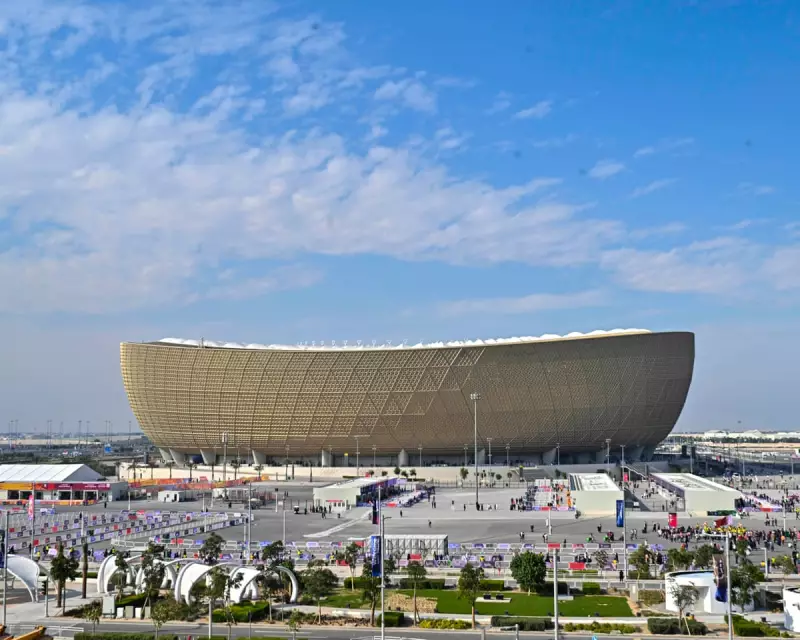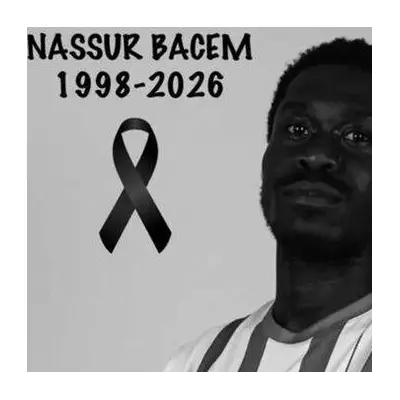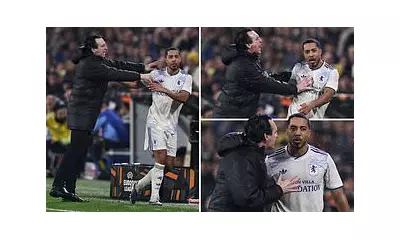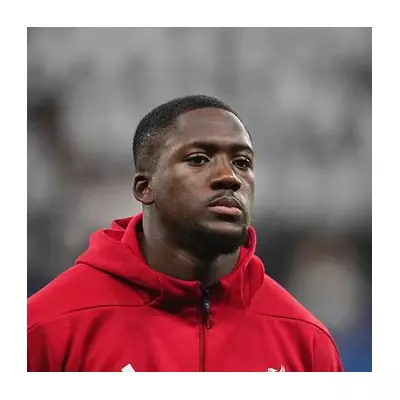
In a groundbreaking move that could transform labour standards across global football, FIFA has announced a formal partnership with one of the world's largest trade unions to safeguard workers involved in building and maintaining the sport's infrastructure.
A New Era for Football's Workforce
The world football governing body has joined forces with Building and Wood Workers' International (BWI), creating a framework that will see both organisations collaborate directly to monitor and improve working conditions for thousands of workers in football-related construction and maintenance roles.
This unprecedented agreement marks a significant shift in how football's most powerful institution approaches its responsibility toward the often-invisible workforce that builds and maintains the stadiums and facilities where the beautiful game is played.
What the Partnership Means in Practice
The collaboration will establish clear protocols for addressing worker grievances and ensuring compliance with international labour standards. Key elements of the agreement include:
- Joint monitoring programmes at FIFA event sites and affiliated projects
- Direct worker representation through BWI's global network
- Training initiatives focused on health and safety standards
- Grievance mechanisms for workers to report concerns without fear of reprisal
Learning from Past Controversies
This partnership emerges against a backdrop of longstanding criticism about working conditions at major football construction projects, particularly those associated with international tournaments. The agreement signals FIFA's commitment to addressing these concerns proactively rather than reactively.
"This isn't just about avoiding negative headlines," explained a source close to the negotiations. "It's about embedding respect for workers' rights into the very fabric of how football infrastructure is developed worldwide."
A Model for Sports Governance
The FIFA-BWI partnership could establish a new benchmark for how global sports organisations address their broader social responsibilities. By formally integrating trade union expertise into its operational framework, FIFA is creating a model that other sporting bodies may follow.
This collaboration represents one of the most concrete steps taken by any international sports federation to institutionalise workers' rights protections, moving beyond voluntary codes of conduct to establish enforceable standards with independent oversight.
The success of this partnership will be closely watched not just by football stakeholders but by the entire world of international sport, potentially heralding a new era of accountability for the working conditions behind major sporting events.





